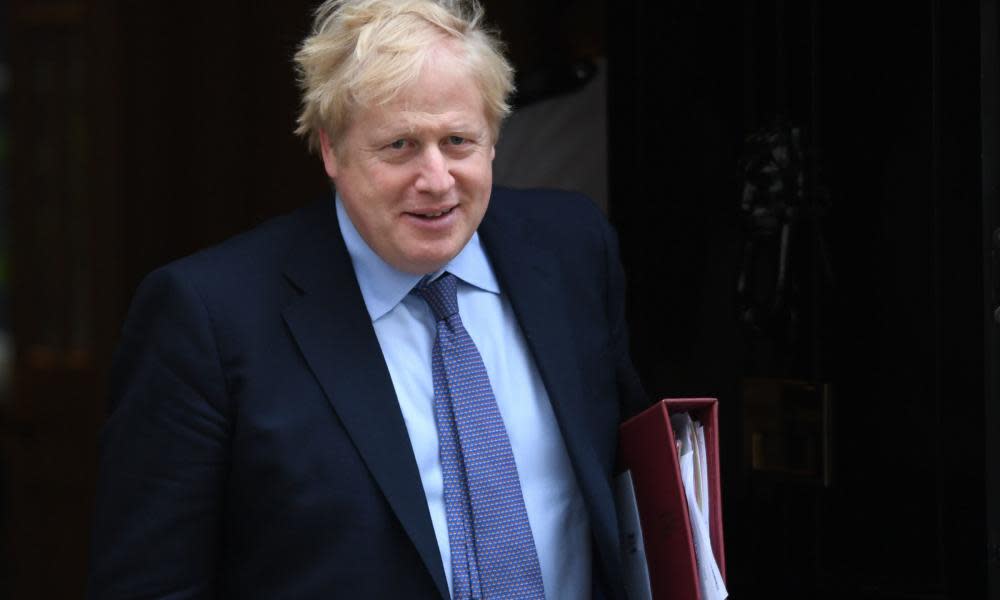Downing Street to directly recruit special advisers for media roles

Boris Johnson’s government is tightening its grip on the recruitment of special advisers, centralising the selection of those who speak to the media and have digital roles.
The shake-up of hiring of the advisers, known in Whitehall as Spads, comes after the chief adviser, Dominic Cummings, personally advertised for “misfits and weirdos” to join the policy arm of the civil service on his blog in January.
The new hiring process comes amid a period of tension within government over the work of Spads, and questions have been raised about how people are being hired and fired.
During the reshuffle, Sajid Javid dramatically quit as chancellor after he was ordered to sack his existing staff and replace them with people Downing Street had recruited directly in a new joint No 10 and No 11 operation.
Cummings also controversially sacked the media adviser Sonia Khan over alleged contact with Theresa May’s former chancellor, Philip Hammond, and courted significant criticism for hiring Andrew Sabisky, a temporary contractor who was forced to resign over comments he had made about eugenics and race.
The new process for the hiring of media and digital staff specifically – kickstarted with the launch of the website www.spadjobs.uk – states that the government is looking for people from a corporate background and that a background in journalism is not needed.
Usually, such positions are not openly advertised and are filled by those known to the party, with ministers typically having a large input and advisers moving with them as they change jobs. In a break from tradition, the strategic advisory firm Hanbury Strategy will do the initial recruitment. Paul Stephenson, a founding partner of the firm, was director of communications for the Vote Leave campaign.
A No 10 source said: “We want to find experienced candidates who are prepared to work hard and help us unleash Britain’s potential – in particular, we want people who have a background in advising business leaders and SMEs [small and medium-sized enterprises].
“Currently talent is spread equally around the country but opportunity isn’t. We want to change that and encourage people from all backgrounds to come and help us build a brighter future for our economy.”
Formalising the initial recruitment rules around Spads has led to speculation that Downing Street is trying to impose stricter control over media-facing advisers. However, the government say this open process is to ensure the whole country is represented in government and that it is looking for people from “all walks of life”.
Though the initial screening will be done by Hanbury, the new raft of Spads will only be appointed if the government’s director of communications, Lee Cain, approves, which is said to be the normal hiring convention.
They will also go through rounds of telephone interviews and a panel interview that includes Isaac Levido, the Australian political strategist who directed the Tories’ 2019 general election campaign, which secured them an 80-seat majority. The new appointees could potentially be in place by April.
Spads are civil servants and taxpayer-funded but have a political role and work with ministers, Downing Street and other government officials in a bid to deliver the government’s policies.
Former politicians who started out as Spads include Ed Miliband, Ed Balls, Nick Clegg, David Cameron and George Osborne.
Among the new intake of Tory MPs, several worked as advisers until very recently, including Richard Holden, who took North West Durham from Labour’s Laura Pidcock, and Simon Jupp, the MP for Devon East who worked for the foreign secretary, Dominic Raab.


